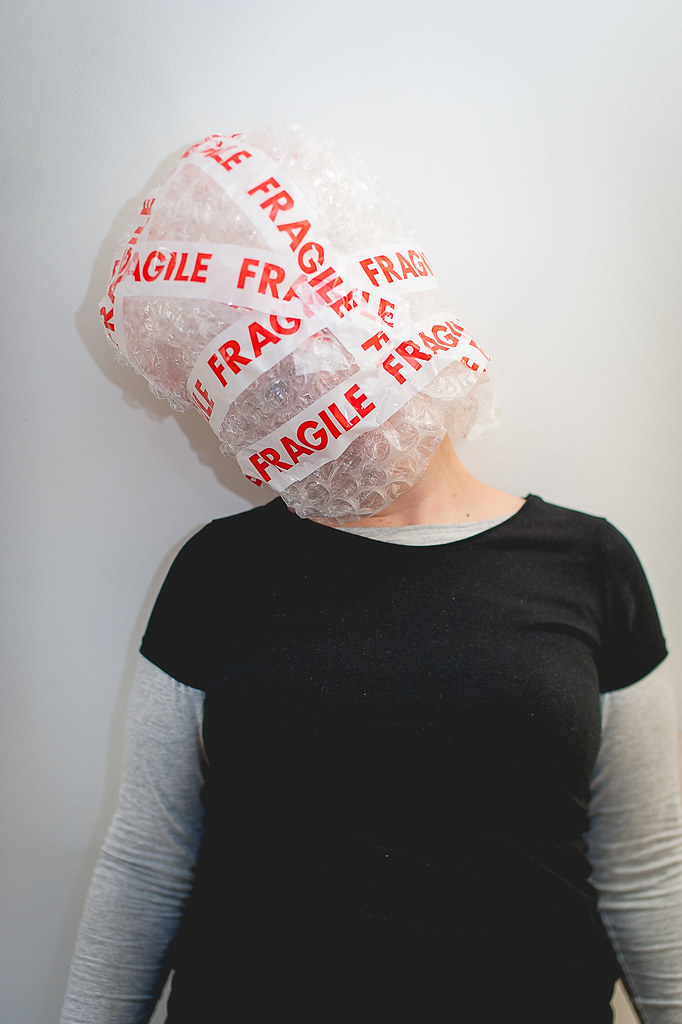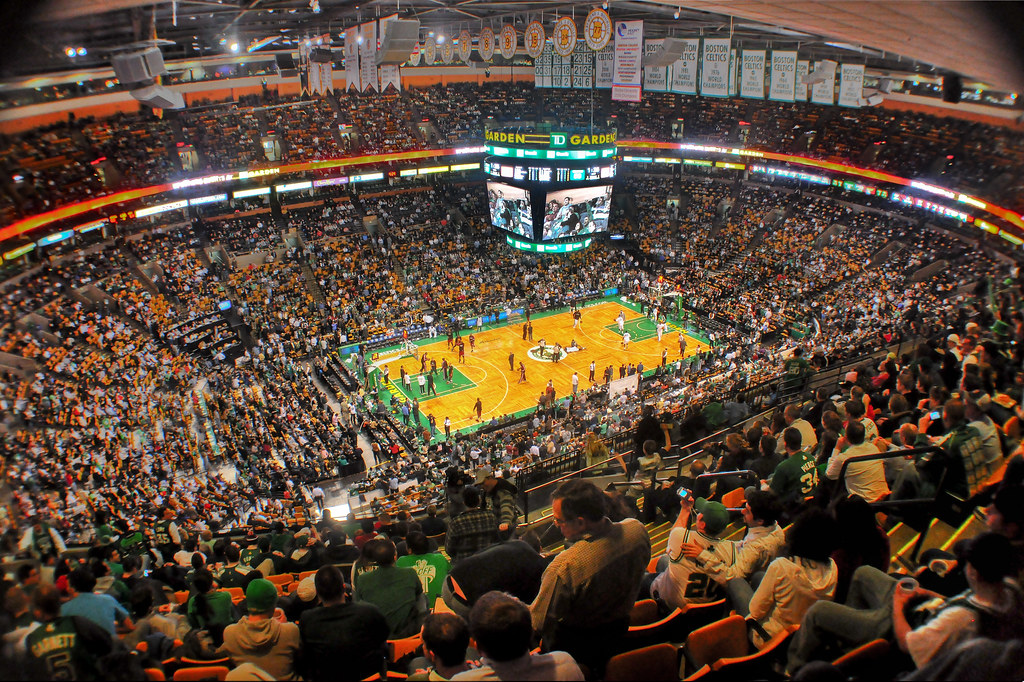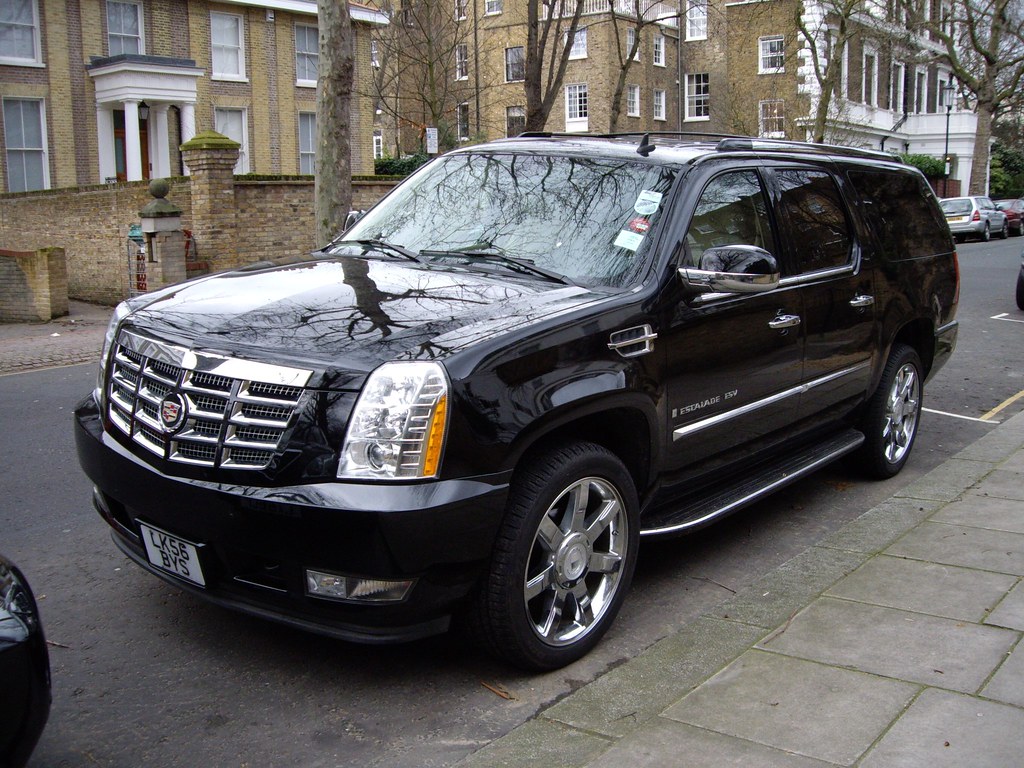In the high-stakes world of the NFL, the physical prowess of players has always been in the spotlight. However, the narrative is shifting, and mental health is now gaining the attention it deserves. Former NFL offensive lineman T.J. Lang has observed a significant change in attitudes towards mental health since the start of his career 15 years ago. He recalls a time when mental health was not a topic of discussion, especially for ‘big, burly athletes’ who took pride in their stoicism. Today, Lang applauds the NFL and its teams for their efforts to ensure players are in the right headspace, acknowledging the ‘ultimate pressure’ in the sport and the need for support.

The NFL and the NFL Players Association took a monumental step in 2019 by making it mandatory for each team to have a licensed behavioral health clinician on staff. Amber Cargill, director of wellness at the NFLPA, highlighted this move as ‘pivotal in terms of setting a standard.’ Teams like the Kansas City Chiefs and the San Francisco 49ers, who are set to clash in the upcoming Super Bowl, have embraced this initiative, with the 49ers providing access to a clinician for up to 30 hours a week, well beyond the mandated minimum.
The Baltimore Ravens were ahead of the curve, having added team clinician Tricia Bent-Goodley to their staff in 2015. Bent-Goodley believes that the supportive culture within the organization, starting from the top, has been crucial to her work. This sentiment is echoed across the league, with the NFL and the union demonstrating a united front in prioritizing mental health and making services readily available.
Since the onset of the COVID-19 pandemic, there has been a noticeable increase in players seeking mental health support. Nyaka NiiLampti, the NFL’s vice president of clinical and wellness services, notes a rise in conversations about mental health challenges and a growing recognition of the link between mental and physical performance.
Personal stories from players like Lions quarterback Hendon Hooker and linebacker Alex Anzalone illustrate the profound impact of these resources. Hooker, who faced personal losses and a career-threatening injury, worked with clinical psychologist Michelle Garvin to develop coping strategies. Anzalone sought help to overcome the trauma of his son’s injury. Their experiences highlight the importance of having mental health professionals like Garvin, who was hired by Lions general manager Brad Holmes, readily accessible to players.
Lions coach Dan Campbell praises Garvin’s role in the team, emphasizing the increasing use of mental health services by players and the broad range of issues addressed, from time management to anxiety. The proactive approach extends to the coaching staff, ensuring their well-being is also looked after.
Buffalo Bills edge rusher Von Miller succinctly captures the changing attitudes: ‘There’s a stigma but heck, it’s help.’ He likens mental health support to medical attention for a physical injury, underscoring the importance of mental resilience in overall performance.
The NFL’s commitment to mental health is a testament to the evolving understanding of what it means to be an athlete. It’s not just about physical strength and agility; it’s about the holistic well-being of the players who inspire millions. As the league continues to break down barriers and normalize seeking help, it sets a new standard not just for sports, but for society as a whole.
Related posts:
NFL players steadily have used more mental health resources since the pandemic, league and union say
NFL players steadily have used more mental health resources, league and union say





